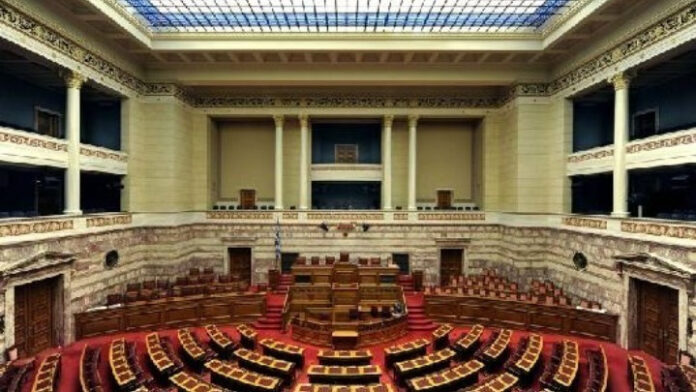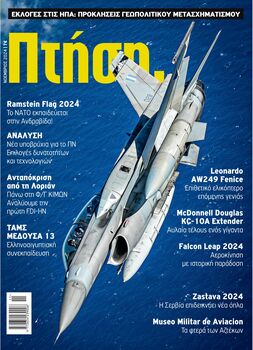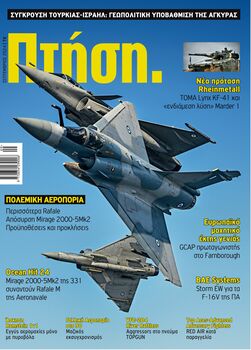The members of Parliament elected in the general elections of June 25 will be sworn in on Monday, in a celebratory opening session beginning at 11:00 in the morning and in the presence of President of the Hellenic Republic Katerina Sakellaropoulou.
The first vice-president of the previous parliament, Nikitas Kaklamanis, will preside over the proceedings, assisted by four temporary secretaries who are the youngest MPs of the two parties with the most seats.
Kaklamanis will read out the order of the day, submit the names of the 300 MPs elected to Parliament for the record and read the letters with which the political party leaders state which of the three seats in which they stood for election they will keep.
He will next ask the temporary 1st secretary of Parliament to accompany Archbishop of Athens and All Greece Ieronymos and a delegation of the Holy Synod into the chamber for the customary blessing ceremony.
Kaklamanis will then invite all MPs that wish to swear a religious oath to rise and be sworn in with the oath in article 59 of the Constitution, in which they swear to be faithful to the country and the democratic system of government, to obey the Constitution and the laws and to conscientiously carry out their duties.
Once the ceremony is complete, the Archbishop will sign the relevant parliamentary minutes and then the clerical delegation will be escorted from the chamber.
Kaklamanis will next ask the Muslim MPs to swear the same oath on the Koran and lastly, he will invite the MPs that wish to be sworn-in by affirmation to complete the ceremony.
Prime Minister Kyriakos Mitsotakis and the members of the cabinet that are also MPs will be sworn in from the ministerial seats.
Kaklamanis will then conclude the session, inviting the members of the body to authorise the presidency to ratify the minutes and then asking them to return to Parliament on Tuesday for the election of the Parliament President. Before departing, the MPs will sign the protocol of the swearing-in and receive the associated documents to complete the process.
President Sakellaropoulou, who will be met by Parliament President Konstantinos Tasoulas, will watch from the front row of the officials’ seats, while the other seats will be given to any former prime ministers, former parliament presidents, senior judges and officials that wish to attend.
An additional row of seats below those of the officials will be available for the representatives of foreign churches. A number of diplomats and ambassadors have also been invited to attend.
Election of the Parliament President
The new parliament will reconvene on Tuesday for the election of the Parliament president and the presidium, based on the proposals of the parliamentary groups and parliamentary rules.
Kaklamanis will again preside of the start of the session, announcing the candidates proposed by the Parliamentary groups, while the election will take place with a roll-call vote. Ruling New Democracy has proposed the previous parliament president, Konstantinos Tasoulas. In the first round, the winning candidate must get an absolute majority of at least 151 votes. Failing that, a second round is held and the candidate with the highest number of votes is elected.
After announcing the result, Kaklamanis will then invite the new parliament president to come to the stand, take over the session and make a speech. The parliament will then briefly adjourn before returning to elect the members of the parliament presidium. Each candidate must get at least 70 votes in order to be elected.
Vote of confidence in the new government on Saturday
A three-day debate on the policy statement of the new government of Kyriakos Mitsotakis will begin on Thursday, July 6. This will conclude with a vote on Saturday, July 8, in which the new government will ask parliament for a vote of confidence.
Prime Minister Kyriakos Mitsotakis will start the debate, followed by members of the new government, the presidents of the parliamentary groups, parliamentary spokespersons and MPs from all parties.
The debate will culminate in a roll-call vote held at midnight on the third day of the debate, at the latest, and is carried with an absolute majority of MPs present, which cannot, however, be less than two fifths (120 MPs) of the plenum.










